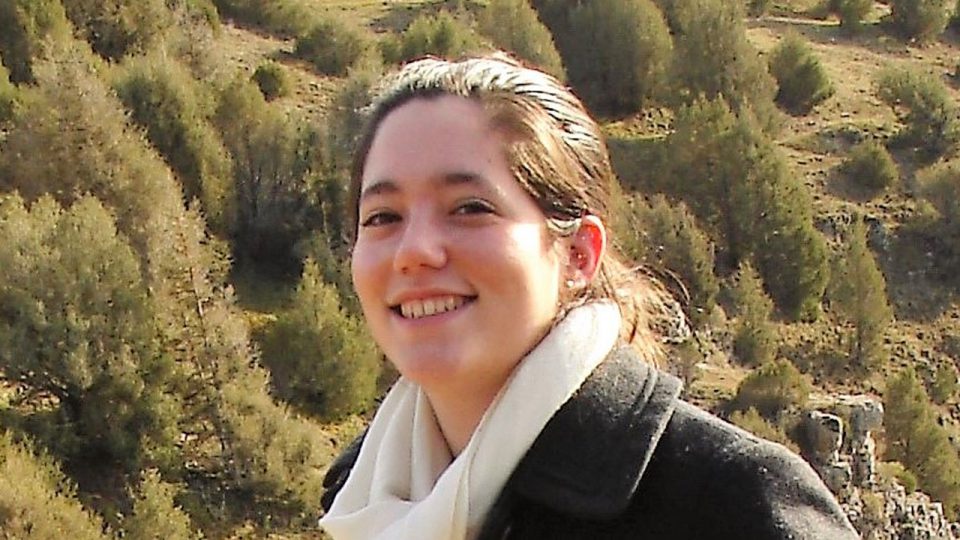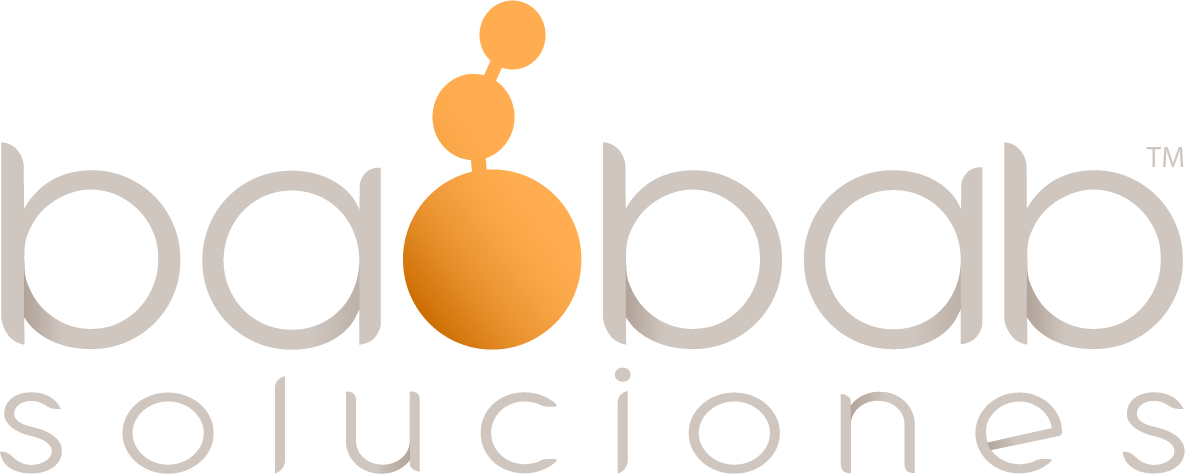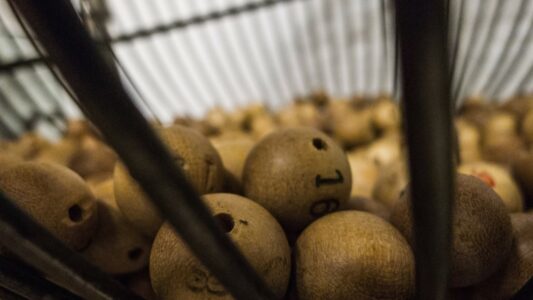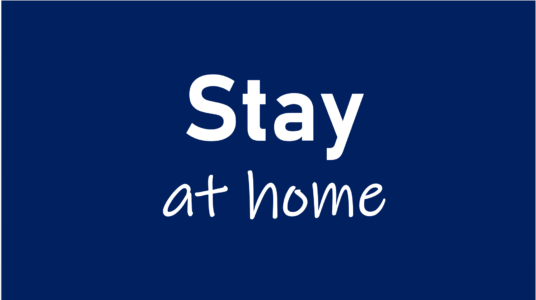
baobab is its amazing talent. This is the first in a series of interviews where you will have the chance to know us better.
Q: Who is Elena Heredia?
I am a 25 year-old industrial engineer, born and raised in Palma (Majorca) until I moved to Madrid to study at the ETSII-UPM. I joined baobab on a summer scholarship in 2014 and I have since progressed to a project manager position in autumn 2017.
Q: Why did you choose a career in Engineering? What was your purpose?
A: It didn’t come obvious to me, I had a lot of doubts about what to choose. My mom is a teacher and since I was little I always said I wanted to be like her – for the holidays mainly. When summer comes and I am pressed to choose one out of the five holiday plans that I have in mind, it always comes back but I really like my job so I feel that I made the right choice.
I first considered to study Aeronautical Engineering, probably influenced by my dad, who is fascinated by airplanes. Ever since I was a little girl I have spent a lot of time at airports because we used to come on holiday to Madrid two or three times a year and visit family. My favourite childhood game during all those trips was “find the Jumbo”, although it rarely showed up, and I’ve always been curious about how planes get to fly. However, I still had doubts when I had to choose a degree and I ended up taking up Industrial Engineering because it covered many subjects across many areas before picking a specialization. And it was a good decision because I was really bad at Fluid Mechanics. I really enjoy flying, but I don’t think I’d like to do that for a living.
Q: What motivated you to choose your Master’s specialization?
A: I first thought I would specialize in Energy (it seems that I never stick to my first choice). In the end I selected Industrial Organization because of Operations Research. I was attracted to the possibility of touching many diverse fields: a project with a candy manufacturing company, then a workforce schedule management project for a hospital, then a supply chain management solution for a cardboard boxes company. Not limiting myself to anything and learning a little about everything motivated me. And all of this in connection to optimization and decision making. It gives me the opportunity to work in very varied teams and to test the solutions in real situations to have a measure of the impact of the work done.
Q: How were your beginnings at baobab?
A: I started in summer 2014 with a scholarship, initially for 2 months, when I finished my third year in university. Then I was offered to stay and extend my scholarship but I wanted to finish my masters, so I spent a semester back in school – which I really regretted because I had the feeling that I was learning less than I would at baobab and I was definitively taking less advantage of my time and my training. So, I decided to seize the opportunity, combine my studies and my job, extend them a few years and I joined baobab in February 2015.
Q: What attracted you to baobab during those two months of your scholarship? It is not a lot of time.
A: True. It was about the promise that it was going to be like this, and the conversations with my colleagues who were already working on other projects. baobab was a very very small company back then, there were just 5 of us in the office that summer. It called my attention that my opinion was always taken into account, maybe because we were such a small company. There was always room for commenting your ideas, your doubts, and deciding between my manager and I which way I wanted to direct my training. Although, to be honest, this has not changed now that we are bigger
Q: So how has your baobab experience changed now that you are 25? What challenges have you come to face?
Baobab has grown in both staff and projects, in number but also in complexity. Some teams have three to five people now, compared to one or two persons before, and they are more multidisciplinary so we can work on larger and more interesting projects. On the other hand, we work with more technologies, which give us the possibility of either specializing in one or maintaining a more diverse profile.
In addition, we need more and more time to keep up to date with all the ongoing projects. So we are reshaping our internal communication channels to ensure that we all have access to information on both current and past projects, so that the know-how and lessons learned can be easily shared for everybody’s benefit.
Q: How was your evolution in baobab?
My first year in baobab was mainly focused on training. I worked in two projects with clients as a junior developer to get familiar with deadlines, meetings, formalities and also to learn about project management by watching my colleagues work. I was also working on internal projects where I could set my own pace and continuously improve code with the revisions and corrections of my manager.
In January 2016 I took my first project, which I started off from scratch with another developer, where I could combine management and development tasks including the design of the user interface. It was a stock management application for an Opel factory, owned back then by General Motors.
In autumn 2017 I took the reins of a pricing project for a large company with 2,300 points of sale nationwide, the same one I am currently working on. We started as a team of three people and now we have gone up to six, two of them sharing their time between this and other projects.
I combine this project with presales, which allows me to know other teams and other work areas.
Q: And what other projects would you like to dedicate your time to? What other tasks would you like to perform in baobab?
A: I would like a project with a visible impact, and also something related to open source technologies to complement my work with AIMMS code, so I will resume my Python training.
I would also like to participate in internal competence development projects, both for the learning experience and to share knowledge with my colleagues.
Q: Finally, what do you like to do outside of baobab?
A: If I need to disconnect from a long day at the office and clear my head a little, I like to go out for long walks, without any direction. Just to stretch my legs and see all the people around Madrid. Living near the centre allows me to do it, although it is not the best plan during summer.
A little less than a year ago I discovered that many cinemas have special live sessions for operas, ballets, plays and sometimes concerts from other cities, which they’ve been doing for years, but nobody told me! I am discovering how much I enjoy ballet and I can see the latest plays from London, which would otherwise be rather difficult. In addition, as our office is in Madrid downtown, I can quickly reach my favourite cinemas and even have a caña before the show.



